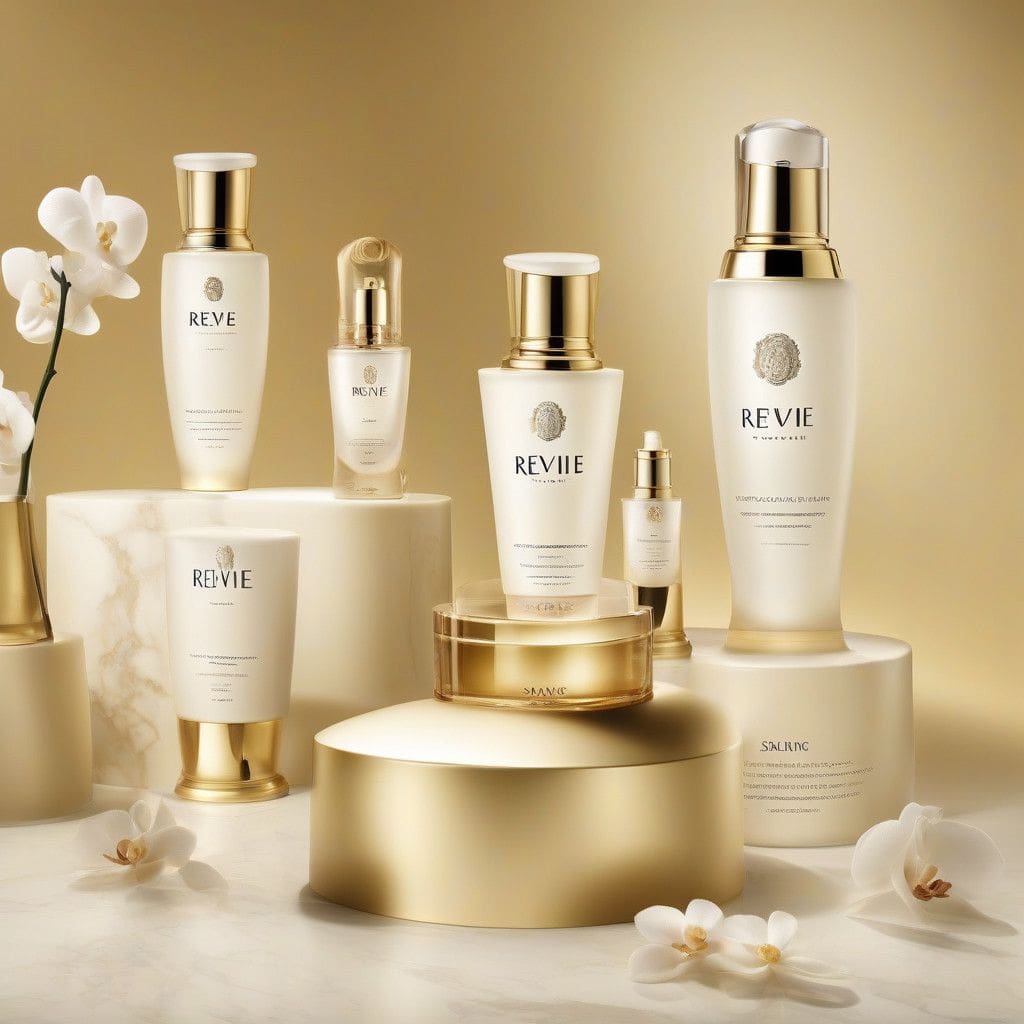The beauty industry is witnessing a significant shift as brands evolve to meet the demands of a global market. A prime example of this change is the recent acquisition of Révive, an ultra-luxury skincare line founded by Dr. Gregory Brown in 1997. The brand, best known for its high-end products like the $194 Moisturizing Night Renewal Cream and the $775 Peau Magnifique Serum, has been acquired by Chinese conglomerate S’Young Group. This move indicates not just a change in ownership, but a larger trend in the beauty sector driven by international expansion and consumer demand for luxury skincare.
Révive’s chief executive, Elana Drell-Szyfer, confirmed the acquisition via social media, although specific financial details remain undisclosed. This acquisition underscores the growing interest of Chinese firms in high-end beauty brands, a segment that has shown resilience and growth even amid economic challenges. S’Young Group, based in Jiangsu, has previously established itself as a distribution and e-commerce partner for international brands, illustrating its intention to broaden its horizons through strategic acquisitions.
This purchase is part of a wider trend within the beauty industry, which has seen a series of mergers and acquisitions recently. For instance, in August, private equity firm TSG took a majority stake in influencer-founded brands, while L Catterton acquired Latvian body care brand Stenders in September. Moreover, at the end of 2023, premium line Dr. Dennis Gross was purchased by Shiseido, another strong testament to the rapid consolidation taking place across the sector.
The landscape for beauty brands is becoming increasingly competitive, with various players emerging and seeking to capture lucrative market segments. In fact, Révive’s sale marks the second transaction this year from Tengram Capital Partners’ beauty portfolio. Previously, Tengram sold HRB Brands, which owned various affordable hair care brands, to Italian personal care firm Sodalis Group, demonstrating that the market for beauty brands, regardless of their positioning, is highly dynamic.
S’Young Group’s ambition to expand is apparent as it continues to seek out premium brands for acquisition. In 2022, it acquired the French skincare line Evidens de Beauté and has made minority investments in other luxury skincare lines, such as Pier Augé. This suggests a strategic vision centered on enhancing its portfolio with high-quality products, catering to a growing consumer base that is increasingly focused on skincare investments.
The relevance of this acquisition also speaks to a broader shift in consumer behavior, particularly among Chinese consumers. The demand for luxury beauty products has surged in recent years, driven by an increasing number of affluent consumers eager to invest in high-quality skincare. This trend has prompted international brands to adjust their market strategies to cater to this evolving consumer base.
Retailers such as Space NK and Neiman Marcus, alongside marketplace giants like Amazon’s luxury storefront, provide platforms for Révive to maintain its exclusive brand presence. However, navigating these platforms poses challenges for luxury brands, where maintaining an image of exclusivity while maximizing reach can be tricky. As Amazon aims to become the largest beauty retailer in the U.S., brands must carefully consider how to balance their luxury appeal with the accessibility offered by such marketplaces.
Ultimately, the acquisition of Révive by S’Young Group exemplifies a strategic pivot within the beauty industry. As luxury skincare continues to gain traction, brands are recognizing the importance of partnerships and mergers to enhance competitiveness. Companies like S’Young are leading the charge, demonstrating that a keen focus on quality and brand heritage can drive growth in this vibrant market.
In conclusion, Révive’s transition to Chinese ownership reflects a significant trend in the beauty industry, characterized by strategic acquisitions aimed at market expansion. This move not only highlights the competitive landscape of luxury beauty but also mirrors the changing preferences of consumers worldwide. As beauty brands navigate this evolving terrain, they will need to remain agile, innovative, and responsive to both market demands and consumer expectations.












